Volume -6, Issue -2 Nov 2019
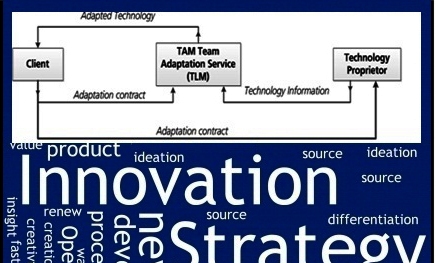
https://doi.org/10.29294/IJASE.6.2.2019.1278-1284
The determinant of an innovation led organization is by and large conspicuous by its climate of implementation. An organization like Fraunhofer Society in Germany with over 25,000 full time scientists and with an overall budget of 2.2 Billion Euros still places its main emphasis in structural freedom and the freedom of implementation to its skilled workforce. Innovation in a technology or process...
Read More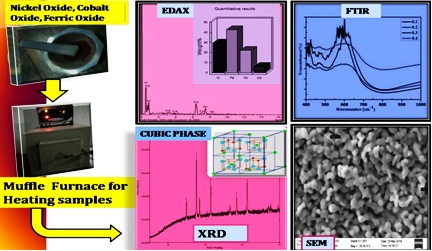
https://doi.org/10.29294/IJASE.6.2.2019.1285-1290
Study of nickel ferrite structure adding with cadmium (X=0.1, 0.2, 0.3, and 0.4) using standard ceramic method has been used to prepared the samples at 1000 ℃ for 15 hours. The pattern of X-ray diffraction of samples showed that has a single phase cubic spinal structure. The variation of lattice constant has been observed in the range 8.4511- 8.4707 A and crystalline samples are ranging from...
Read More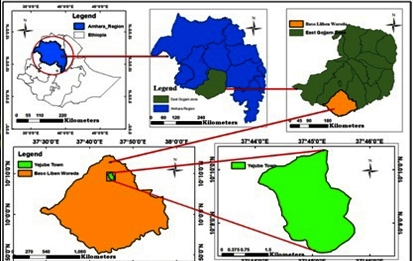
https://doi.org/10.29294/IJASE.6.2.2019.1291-1304
Yejube is one of the rapidly developing towns in Ethiopia. Difficulties of acceptable water supplies and reduction of non-revenue water remains one of the main challenges facing the town. This study deals on the analysis of water demand scenario and future water demand forecasting for Yejube town. A mixed cross-sectional research method was implemented to analysis the past and future water demand...
Read More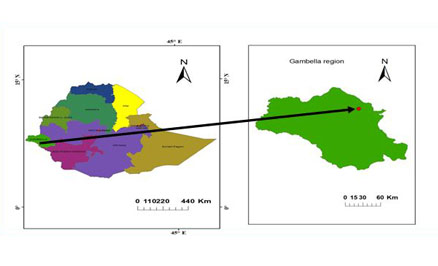
https://doi.org/10.29294/IJASE.6.2.2019.1305-1312
Water treatment is any process that improves the quality of water to make it more acceptable for a specific end-use. Safe water is used the greatest challenge facing the world today. The key problems of the water treatment plant were, filtering deteriorated water to the community. This study was conducted to evaluate drinking water treatment plants in the Gambella City from January to end of July...
Read More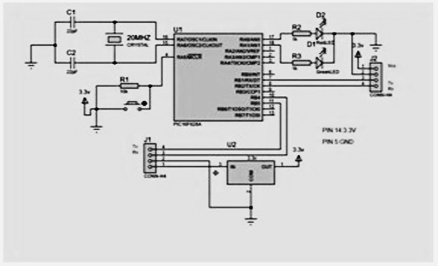
https://doi.org/10.29294/IJASE.6.2.2019.1313-1317
This paper presents a novel approach to improve the service of ATM cash withdrawal in less time with high level security. The idea behind this work is to add more than one bank account in an ATM machine, so that the user need not carry more cards with them and to avoid complication of handling of passwords. In these systems, Bankers will collect the customer finger prints and mobile number while...
Read More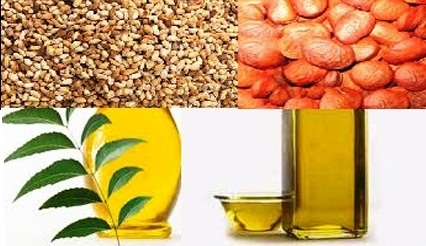
https://doi.org/10.29294/IJASE.6.2.2019.1318-1325
Present work reports an optimized protocol for the production of biodiesel (methyl ester) through two stage process i.e., esterification and transesterification of Neem and Karanja oils. The effect of different parameters on the production of Neem and Karanja oil methyl esters were studied. The methyl ester with best yield and quality was produced in case of Neem oil Methyl Ester at 9:1 mole...
Read More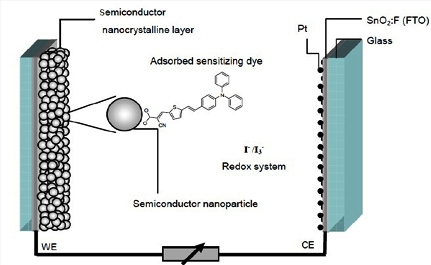
https://doi.org/10.29294/IJASE.6.2.2019.1326-1350
Dye-sensitized solar cell (DSSC) or Graetzel cell is a less expensive solar cell belonging to the group of thin film solar cells. The advantages of DSSCs are mainly due to low cost production, low energy payback time, flexibility, performance at diffuse light and multicolor options. The present review gives a detailed summary and evaluation of the DSSCs. The role of TiO2 in the fabrication...
Read More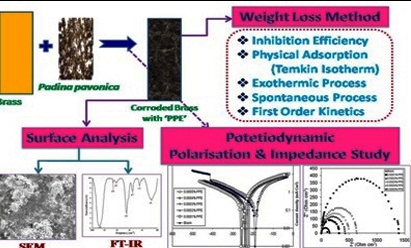
https://doi.org/10.29294/IJASE.6.2.2019.1351-1360
The effect of marine alga Padina pavonica extract on corrosion inhibition of brass in phosphoric acid was investigated by weight-loss method, potentiodynamic polarization and electrochemical impedance spectroscopic studies. The inhibition efficiency is found to increase with increasing concentration of alga extract and decreases with rise in temperature. The activation energy, thermodynamic...
Read More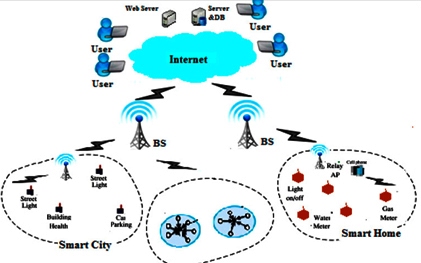
https://doi.org/10.29294/IJASE.6.2.2019.1361-1369
A new region based energy conscious sink movement (RESM) is presented to enhance lifetime of heterogeneous Deep learning network using stable election protocol. The sink movement is based on the total energy of the individual regions of the entire sensing field. The sink always moves to the centre of the lowest non-zero energy region which is the main contribution in this research. Based on the...
Read More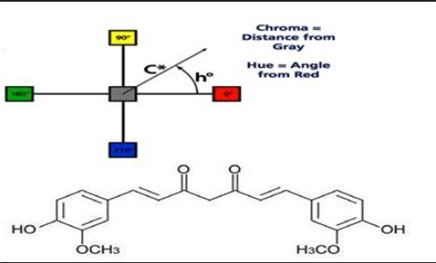
https://doi.org/10.29294/IJASE.6.2.2019.1370-1375
This paper aims to study eco-textile dyeing of long stable Egyptian cotton fabric of Giza 86 and Giza 90 with natural dye turmeric. Mordanting was done by three different techniques namely Pre-mordanting, simultaneous-mordanting and after-mordanting at the time of dyeing using tannic acid as natural mordant. Fabrics were also dyed using ferrous sulphate as mineral mordant to compare with natural...
Read More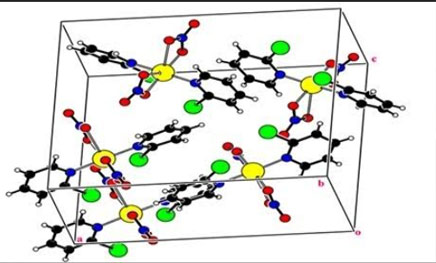
https://doi.org/10.29294/IJASE.6.2.2019.1376-1381
In the title compounds, [CuII(2-brpy)2(NO3)2] and [CuII(2-Clpy)2(NO3)2], the CuII atoms are each in a distorted square-pyramidal environment, in which four O atoms from the four bridging copper ligand form the basel plane and the pyridine N atoms. The two bromopyridine and Chloropyridine are nearly coplanar, making a dihedral angle of 23.1(6)° for compound and for compound 4.4 (6)°. In the...
Read More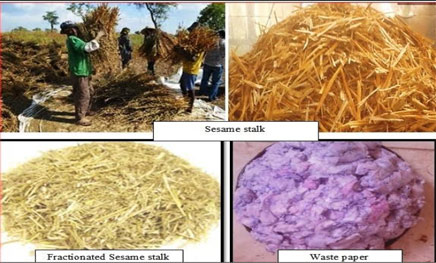
https://doi.org/10.29294/IJASE.6.2.2019.1382-1389
Investigation of the development and characterization of briquette from sesame stalk and waste paper as binder was examined for production of fuel briquettes. The raw sesame stalk was characterized by the following properties: moisture content (3.63%), fixed carbon (17.50%), volatile matter (72.82%) and ash content (6.05%). Briquettes were produced by mixing carbonized sesame stalk with waste...
Read More
